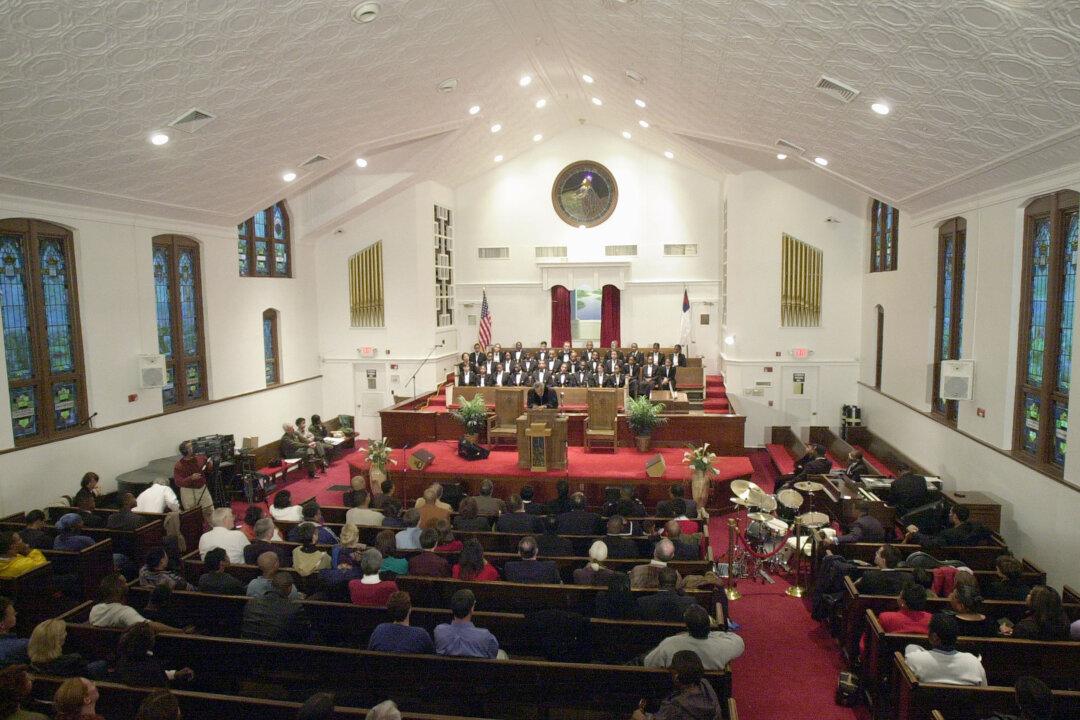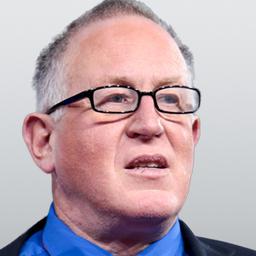Commentary
When the Southern Baptists, the largest Protestant denomination in the country, endorse “critical race theory” (CRT), you know American Christianity has a Marxism problem.


When the Southern Baptists, the largest Protestant denomination in the country, endorse “critical race theory” (CRT), you know American Christianity has a Marxism problem.